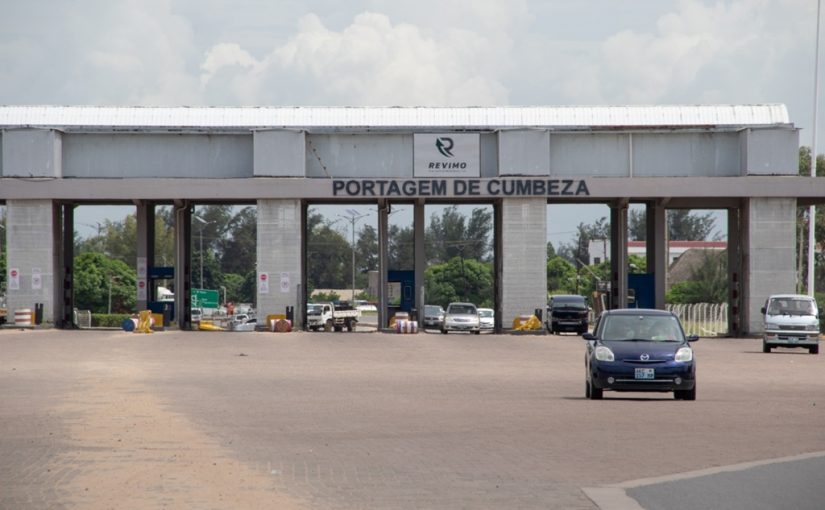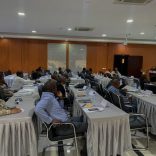Mozambique: World Bank to close partnership framework by year's end
Mozambique: Government seeks solution for road toll fees

FILE . For illustration purposes only. [File photo: AIM]
The Mozambican government is working to find a solution for toll road fee collection throughout the country that is acceptable to both parties, users and concessionaires.
Speaking yesterday in Maputo, at the usual Council of Ministers press briefing, spokesperson Salimo Valá explained that setting new toll fees does not depend solely on the government, but also on other partners.
“What I said is that there are reflections, there are studies, there are teams working on the matter and that as it is not an action that only concerns the Mozambican State, it also concerns other parties involved,” Valá said.
“We need to find a balance so that the various stakeholders can also have something to say – in terms of dialogue, interaction and negotiation to find a solution that, if adopted today, will not create problems in a week or two weeks,” he elaborated.
For about six months, the collection of tolls on the main avenues and roads of Mozambican cities has been suspended due to vandalism of their infrastructure, during the demonstrations following the general elections of 9 October.
Recently, the Mozambique Road Network (REVIMO), the concessionaire of the largest number of tolls in the country, announced that it would resume charging tolls from vehicles on its infrastructure.
However, the decision was scuppered by motorists immediately resuming the destruction of infrastructure.
In the same session, the cabinet approved the national telecommunications roaming regulation, a document that establishes the rules, procedures and legal framework applicable to the implementation of national telecommunications roaming.
According to Valá, the regulation aims to expand access to mobile cellular telephone services in locations outside the geographic coverage of the respective service operator, and to ensure the entry of new operators and telecommunications service providers into the market, especially those without infrastructure, thus stimulating competition and the provision of quality services.
The government also approved the regulation of the Universal Access Service Fund (FSAU), which establishes the rules for the organisation and operation of the FSAU, applicable to natural and legal persons licensed to establish, manage and operate telecommunications networks and services.












Leave a Reply
Be the First to Comment!
You must be logged in to post a comment.
You must be logged in to post a comment.